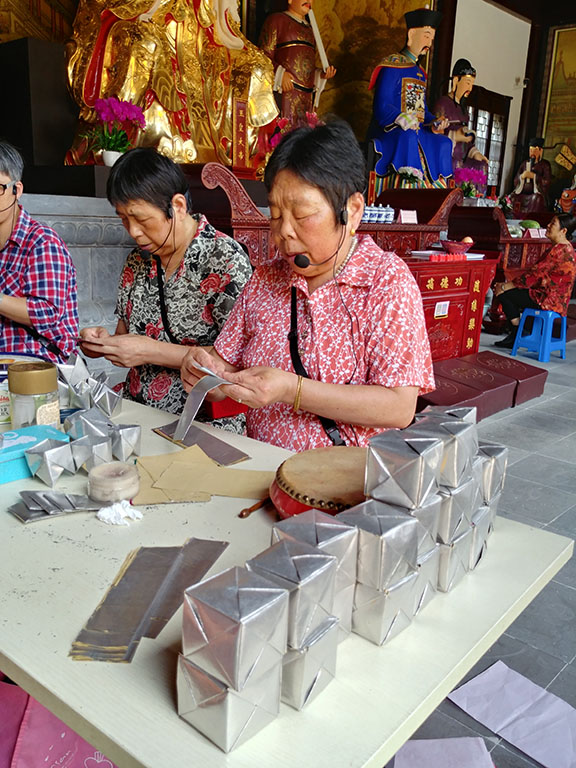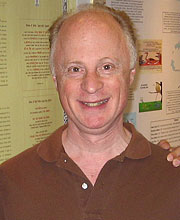
- This event has passed.
Folded Time and the Sustainability of Urbanizing Religion in China
October 5, 2021 at 7:00 pm

China’s extremely rapid urbanization over the past two decades has transformed the religious landscape. In eastern Suzhou, untold thousands of graves have been relocated or destroyed, and hundreds of village temples and their deities have been bulldozed along with the villages that hosted them. Contrary to expectations of both urban planners and most scholars, however, these changes have empowered some aspects of religion.
As anthropologists have noted in other cities of the world, urbanization appears to have created an enlarged space for spirit mediums. Is this sort of village-based religion sustainable after villages no longer exist? This paper suggests renewed thinking about the concept of sustainability through a consideration of multiple temporalities. Spirit mediums offer a temporal alternative to: (1) the continuous time of temples (which commemorate the “sustained” memory and presence of a patron deity); (2) the cyclical time of the ritual calendar (with repetitions taking place regularly each year or each lunar month); and (3) the transformational/punctuated time of the urban planners (which replaces a “backward” peasant era with a new era of “modernity”).
In contrast, mediums give a present voice to the people and things of the past, especially those bulldozed into the dirt beneath the new city. Time here works like origami, where the past does not simply continue, repeat itself, or disappear in favor of a completely new present. Instead, the past is folded into the ground, always leaving open the possibility that a medium can unfold it again or fold it into something new. Mediums have always done this, but urbanization has greatly enhanced their role and that of folded time.
Speaker:
